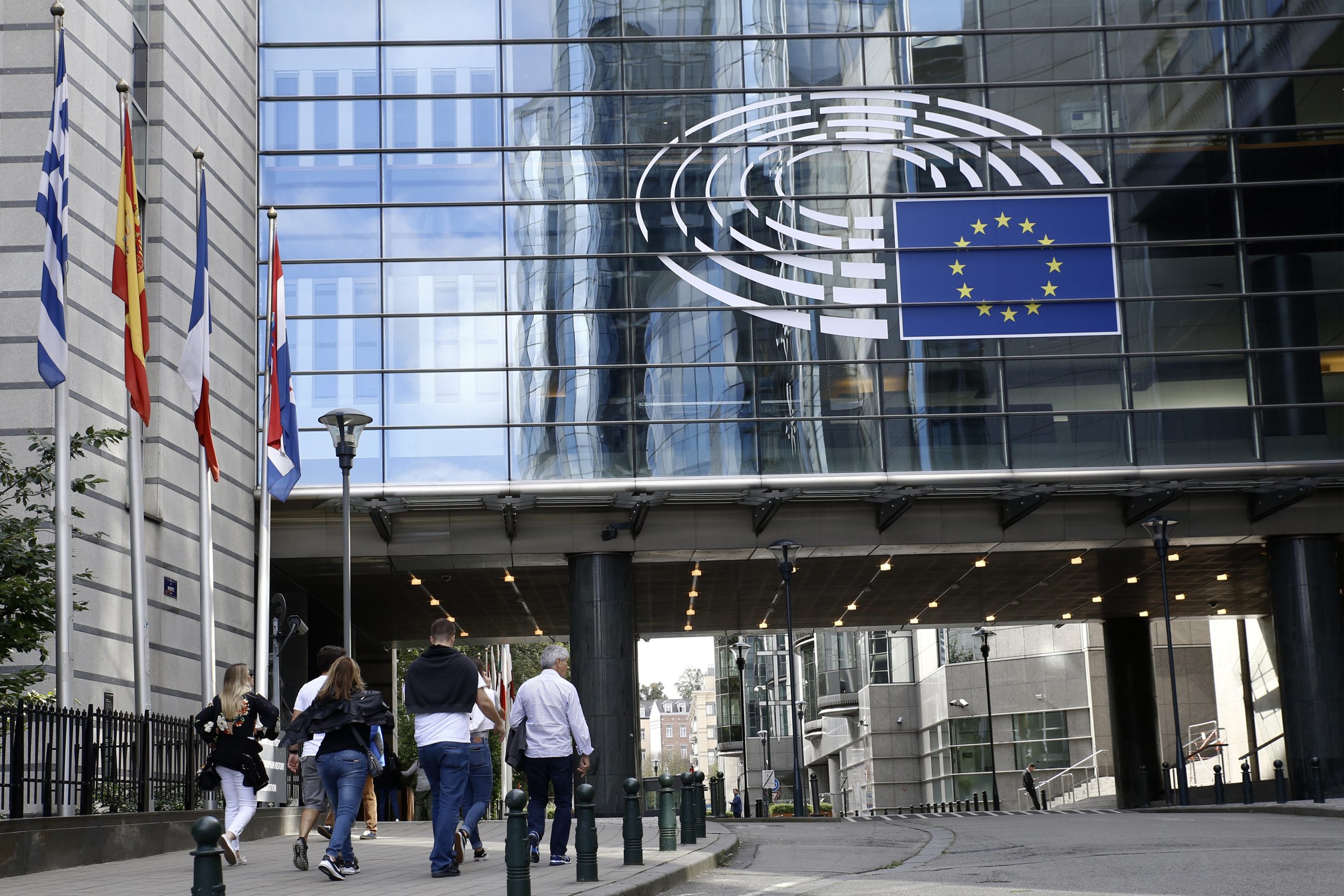
The Freedom of the Mandate vs. Last Minute Modifications of the EP’s Rules of Procedure Ahead of the European Elections
European elections are right around the corner. The decision of the European Council has set the period of 6-9 June 2024 to be the next European elections. The MEPs are campaigning, while the last plenary session of the European Parliament (EP) takes place between the 22nd and the 25th of April. This means that the current European Parliament has only one last chance left to adopt any report or resolution currently in progress.
Interestingly, some of the reports and resolutions only appeared last minute. This is also the case with modifications of the Rules of Procedure, the most significant internal set of norms of the house containing important rights, duties, and procedures for the MEPs ranging from the regulation of different legislative and non-legislative procedures of the house, procedures regarding the immunity of MEPs, list and competences of committees and many other decisive rules.
According to the Legislative Observatory, there were 10 procedures regarding the amendment of the Rules of Procedure during the 8th parliamentary term (2014-2019) and none during the year 2019, close to the European Parliament elections. This is not the case during the current parliamentary term (2019-2024). According to the same source, two amendments to the Rules of Procedure were initiated during the year of the elections.
The recently appearing reports of the house—the EP Reform 2024 report and the report establishing obligatory anti-harassment training for the members—impose important obligations on the MEPs of the next parliamentary term, as they will come into force during the beginning of the next mandate.
The first one, the EP Reform 2024, adopted on the 10th of April by the plenary session of the EP included many modifications, some of which “seem to be focused on influencing, maybe even controlling the democratic decision-making processes in the European Parliament”. The report establishes a new type of committee, the so-called “ad hoc legislative committees”, which can be set up to take over a legislative file that would normally be in the competence of other committees. The question arises whether the goal of this amendment was to make sure that certain rapporteurs would not receive the task of drafting certain politically high-priority reports on important topics. The report also reshaped the procedures between committees regarding challenging competences, the rights of MEPs regarding hearings of commissioner-designates, and the general rules about establishing committees of inquiries.
The goal of the second report is to oblige MEPs to participate in anti-harassment training after taking up their mandate. Not participating in the training will be considered as a “serious breach” of the Rules of Procedure, leading to the imposition of penalties. Some of the sanctions include losing the possibility to participate in the workings of the house (like drafting reports), to hold any important offices (president of the EP, chair of a committee, heading a delegation, etc.), they can be reprimanded, lose their daily allowance, and their MEP activities can even be suspended. Not completing the training will be handled like serious misconduct, like committing an act of harassment in itself.
There is a third report that is worth mentioning, although it is not a modification of the Rules of Procedure of the EP per se, its adoption will directly lead to one and it was also added to the agenda last minute: the proposal of the “independent ethics body”. Several European Union institutions were invited to the interinstitutional negotiations to set up common ethical standards for EU officials, government representatives in the Council, MEPs, and EU staff. Although the agreement itself is not made public (which brings up questions regarding its transparency), some information can be derived from the press releases of politicians participating in the negotiations. According to this, the new body will be controlling lobbying and anti-corruption activities and will be conducting investigations into individual cases. It will be a body that will be controlling both MEPs and commissioners and other categories of personnel working at the EU institutions. Many MEPs have contested the result of the negotiations, fearing that the setting up of such a body in the form drafted in the agreement would be against the principle of the rule of law. MEPs did not have enough time to scrutinize the text, the public still cannot see the text as it was not yet published.
Some members of the AFCO committee fear that there is no sufficient legal basis for setting up such an institution, as there is no article regarding an interinstitutional ethical body in the Treaties. They fear that the principle of security would be breached through using an undefined term (“ethics”) as the basis of the proposal. By having a secretariat established on the premises of the European Commission assessing the activities of MEPs, the freedom of the mandate of the MEPs would be breached. Furthermore, the relationship between the criminal justice system and this new body is not defined. The principle of the assumption of innocence could easily be breached as the fact that the body is starting an investigation against an MEP could be leaked anytime to the press, which could smear someone’s good name without any proof and end their career.
If we take a step back and look at these proposals we can see that their timing is odd. The efficiency of the EP during legislative procedures, a safe office environment, and unveiling misconduct and serious breaches of norms are all important. Whether these proposals truly serve these goals is another question. But why did the CoP and the coordinators of the AFCO decide to table these reports last minute, days before the last sitting of the European Parliament? These reports could all have easily been drafted one, or two years ago.
The answer could be hidden either under intentions regarding the next cycle of the European Parliament and the new MEPs arrival or in the fact that there is an election campaign going on and these reports could be useful for the rapporteurs to gain more support. The problem is that these are significant questions, the draft might infringe on the freedom of the mandate of the MEPs, the assumption of innocence, legal security, and thus the principle of rule of law itself. The new rules were not democratically scrutinized and do not have enough legitimacy. There is a good reason why there were no amendments to the internal rules in the previous election year, in 2019.
Árpád Lapu is a policy adviser on constitutional issues at the European Parliament since 2019 and a PhD student of the Károli Gáspár University of the Reformed Church in Hungary. Between 2017-2019, he worked as an adviser at the Cabinet of the Minister of Justice of Hungary, conducting comparative constitutional analyses. He has earned his JD at the Pázmány Péter Catholic University in Hungary, has a BA in international relations from the University of Szeged and an MA in European and international administration from Andrássy Gyula German Speaking University in Budapest. He has completed an Edx MicroMaster in cooperation with the Catholic University of Louvain (UCLouvain) in international law. His field of research is non-participation in armed conflicts in international law and constitutional norms regarding non-participation in armed conflicts. He has written publications regarding the future of the EU ETS system of the European Union, institutional reform proposals of the Union, and research in the field of social sciences.








